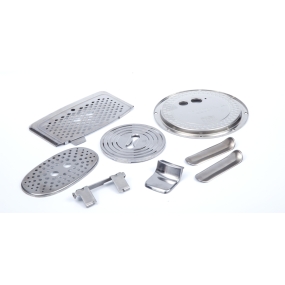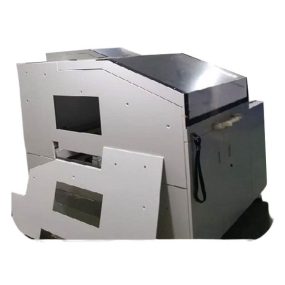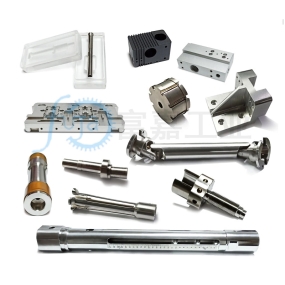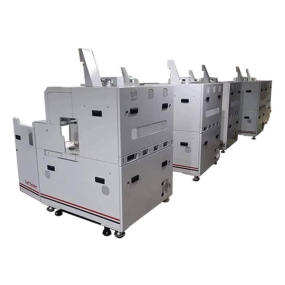In processione et fabricatione partium stampionis metallorum, multi fluctus procedentium est ut produceret eas. Sed, si modicum errore est in operatione dum processo, facile est causare defectus, sicut fracta partium stampionis metallorum, quae ad usum utilizationis produktoris influent. Respondente hoc problemam, precision EMAR analyzat causas fragentis laboris hodie pro te:
Partibus metallis
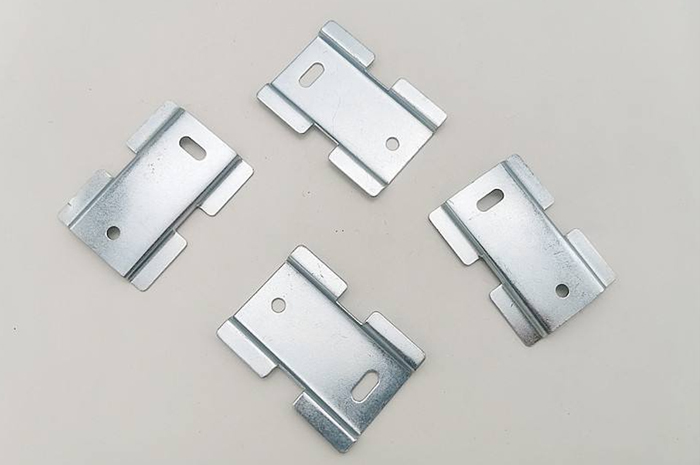
1. Excessive local tensile stress
During the stamping process of Metal Stamping parts, due to excessive local tensile stress, they are affected by internal stress and external impact, resulting in significant local expansion deformation and cracking.
2. Parametri processus formationis incorrecte non sunt implementi.
In processo formationis laboris, processus requirit ut concave moriatur, pressing core, et duas partes tightly adheretur simul. Quando diagramma punch descendit, deformatio plasticae metallis pressi effectus est ut formatur. Sed, techniciae processationis machinam temporale adjustare non sunt secundum praecepta procedentis, resultant in unstable operation and cracking of the metal stamping parts.
3. Design defects in the flanging forming die
The mold is a dual cavity and the left/right parts are universal, because this process includes not only flanging, but also shape forming content. Moreover, the parts are particularly complex, the bending surface is narrow, and the forming requirements of the concave mold core are consistent with the forming surface, resulting in large forming stroke and small pressing area of the mold structure, and cracking phenomenon.
Partibus metallis
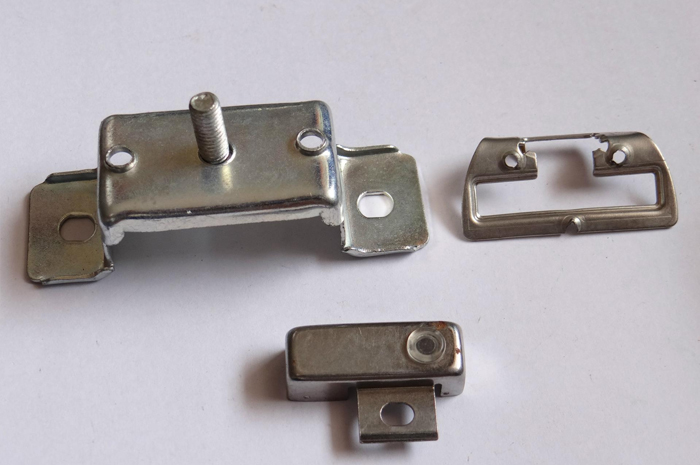
4. Utrum oleo pulsere non valet.
Stamping oil mainly serves to isolate the mold and metal stamping parts during the stamping process. However, using non specialized oil such as rapesed oil, mechanical oil, recycled oil, etc. can cause scratches and burrs on the workpiece due to the instantaneous rupture of the oil film during the stamping process, leading to serious problems such as cracking of metal stamping parts and damage to the mold.


 English
English Spanish
Spanish Arabic
Arabic French
French Portuguese
Portuguese Belarusian
Belarusian Japanese
Japanese Russian
Russian Malay
Malay Icelandic
Icelandic Bulgarian
Bulgarian Azerbaijani
Azerbaijani Estonian
Estonian Irish
Irish Polish
Polish Persian
Persian Boolean
Boolean Danish
Danish German
German Filipino
Filipino Finnish
Finnish Korean
Korean Dutch
Dutch Galician
Galician Catalan
Catalan Czech
Czech Croatian
Croatian Latvian
Latvian Romanian
Romanian Maltese
Maltese Macedonian
Macedonian Norwegian
Norwegian Swedish
Swedish Serbian
Serbian Slovak
Slovak Slovenian
Slovenian Swahili
Swahili Thai
Thai Turkish
Turkish Welsh
Welsh Urdu
Urdu Ukrainian
Ukrainian Greek
Greek Hungarian
Hungarian Italian
Italian Yiddish
Yiddish Indonesian
Indonesian Vietnamese
Vietnamese Haitian Creole
Haitian Creole Spanish Basque
Spanish Basque


